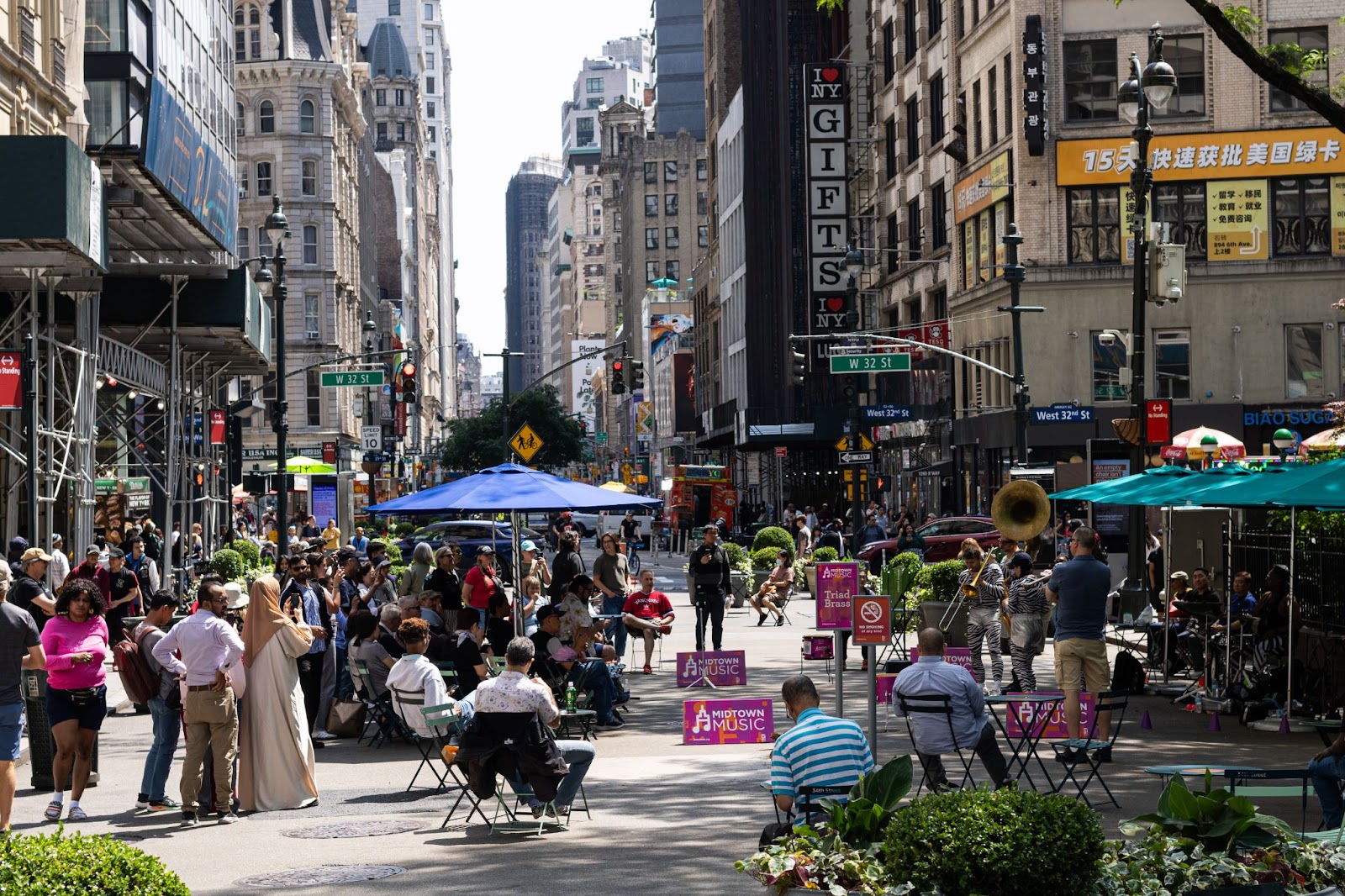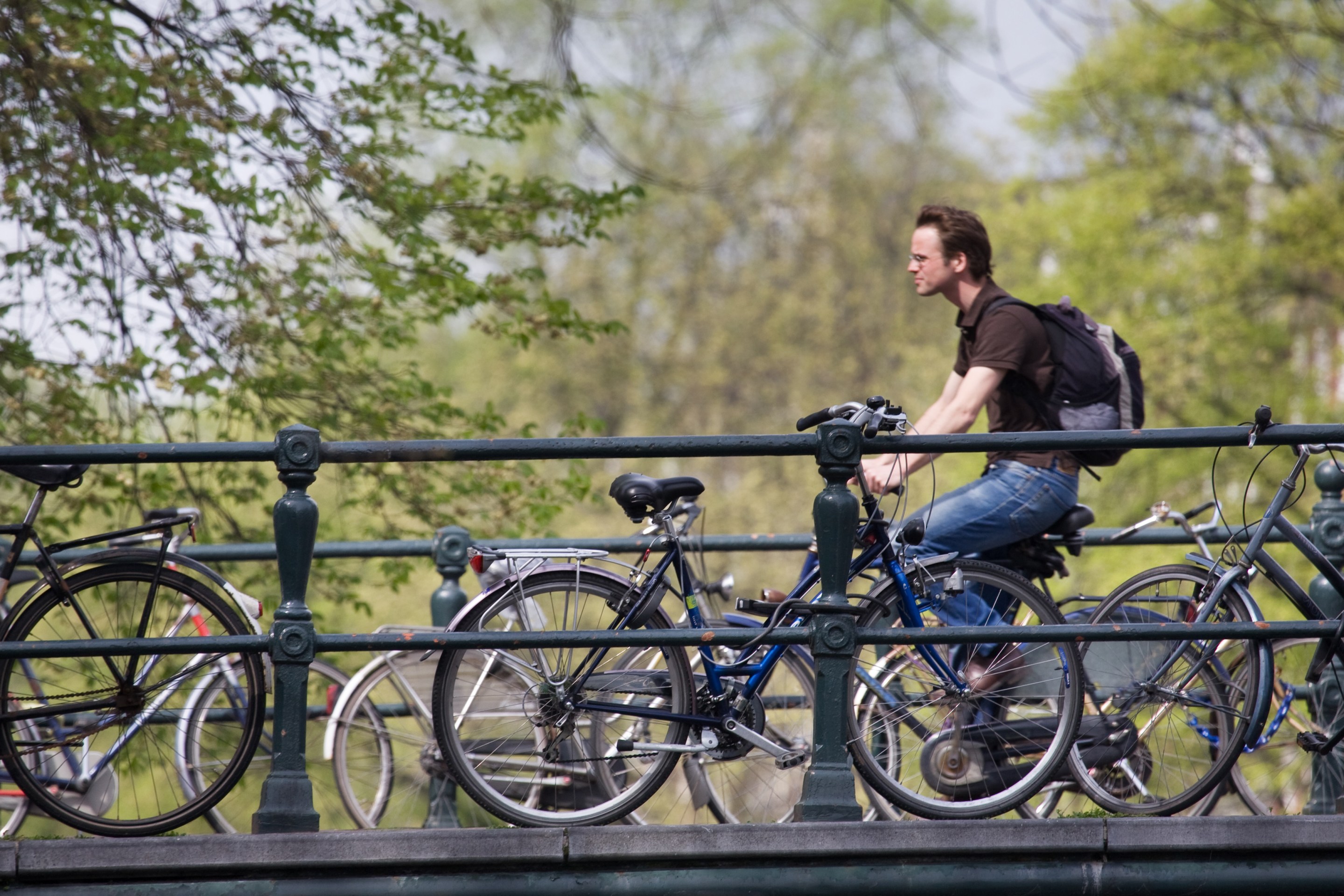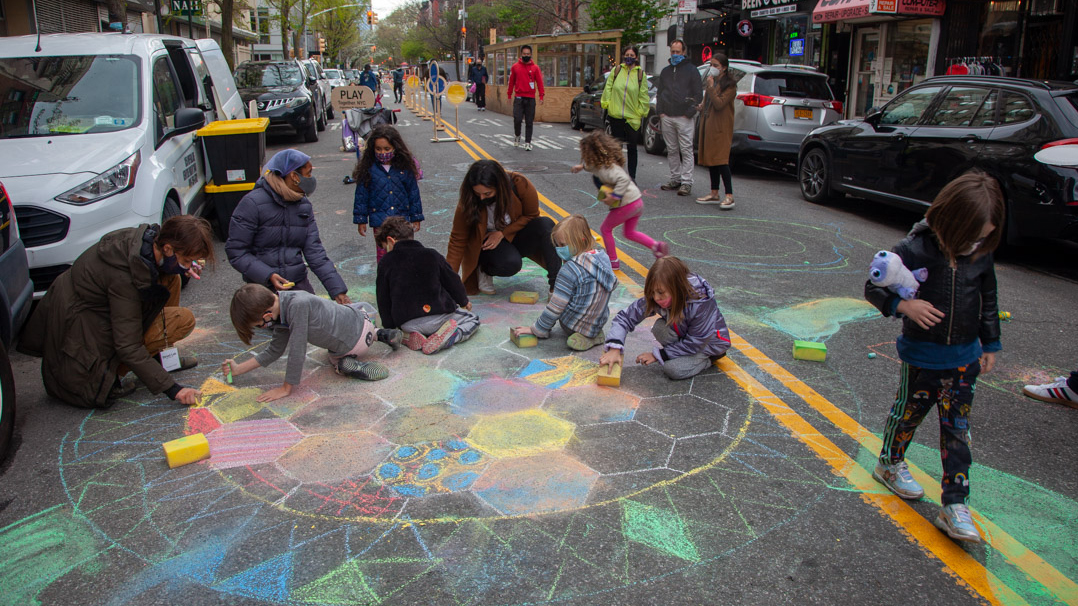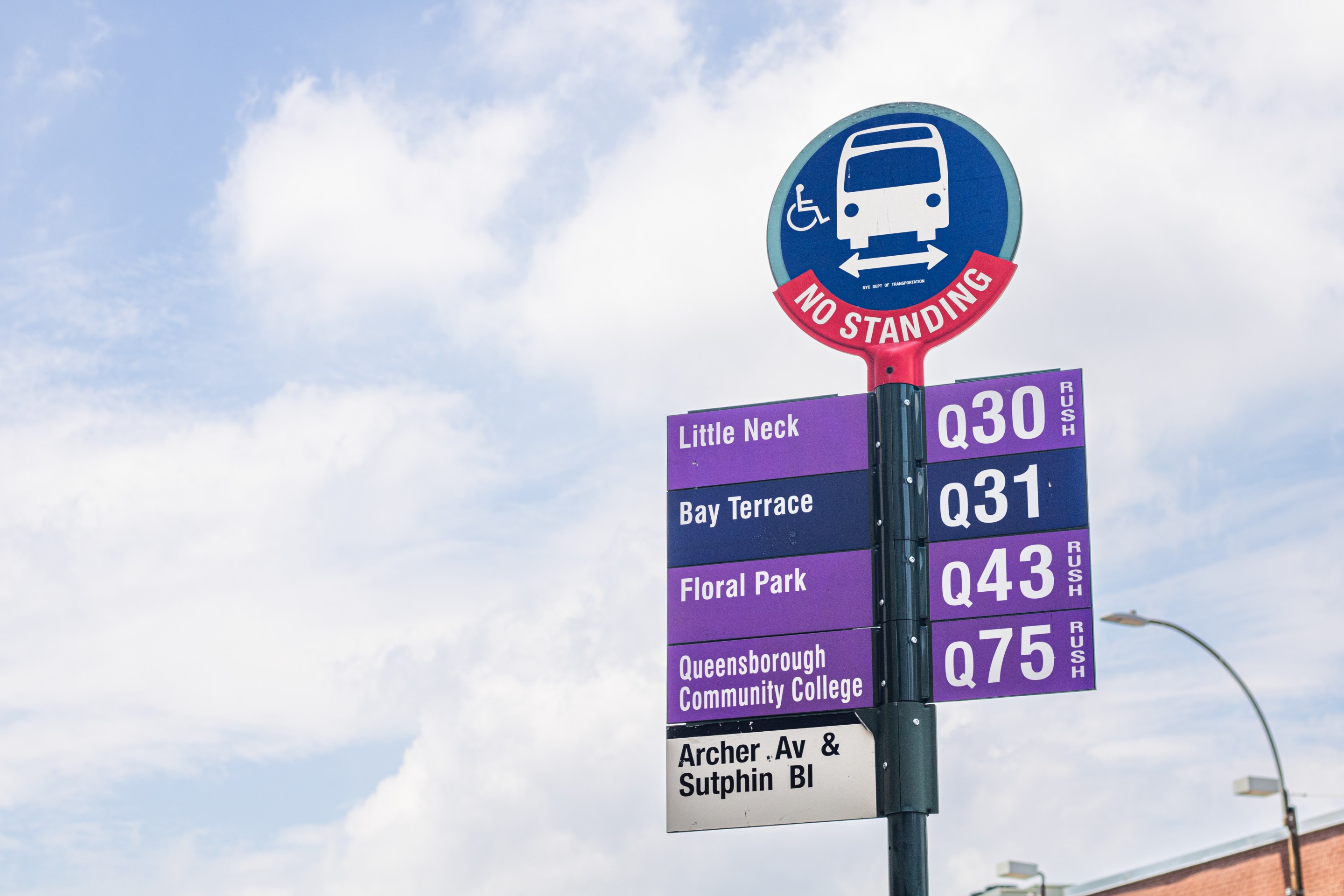 A truck loading at a waste transfer station in the South Bronx. Photo: jrwiener via Flickr
A truck loading at a waste transfer station in the South Bronx. Photo: jrwiener via FlickrA proposed amendment to the City Charter could help free certain neighborhoods from the
grip of truck traffic and other unhealthy side effects of public
facilities.
Although the Charter Revision Commission looked set to leave New York's land use process fundamentally untouched, one significant land-use related change to the city's constitution may make it onto the ballot after all. A change to the "Fair Share" provision of the charter, which aims to spread the burdens caused by public infrastructure evenly across the city, is part of the draft amendments released on Wednesday.
Fair Share requires city agencies deciding where to place a facility to take into consideration the existing distribution of public facilities, whether a health clinic or a garage. Though they aren't required to spread undesirable operations them evenly across the city, city agencies are forced to reckon with questions of equity as they site them.
As anyone who's traveled across New York City knows, however, some neighborhoods still bear completely disproportionate burdens. "The Fair Share process as a whole is ripe for a complete overhaul," argued Eddie Bautista, the executive director of the New York City Environmental Justice Alliance. Because the Charter Revision Commission communicated its unwillingness to tackle big issues early on, though, Bautista put forward a set of smaller suggestions. Only one of those made it into the commission's draft amendments, in a slightly altered form.
Currently, said Bautista, city agencies only consider city-owned facilities, with a few exceptions like health and social service providers, in their Fair Share assessment. The Commission's proposed amendment would pertain to all transportation- or waste-related facilities owned by the state, the federal government, or private companies contracted by the city. Including those sites dramatically changes the picture of which neighborhoods are forced to carry the burden of keeping the city running.
Take Williamsburg/Greenpoint, said Bautista. "You have something in excess of 40 percent of the city's solid waste there," he said, "and those are all private waste transfer stations." Each one of those transfer stations invites a flood of unhealthy truck traffic, the emissions of an industrial operation, and of course, any health hazards in the waste itself, but currently don't show up on the Fair Share map at all.
Similarly, Sunset Park's Jackie Gleason bus depot is the largest in Brooklyn, but because it is operated by the MTA isn't on the map. As Bautista put it, "pollution doesn't start and stop with city-owned facilities."
"It's definitely a step in the right direction," said the Pratt Center for Community Development's Elena Conte, who added that the changes would provide a "more detailed and realistic picture of cumulative impacts in the district."
Even this limited addition to Fair Share, however, has its share of loopholes. "Why are power plants excluded?" asked Bautista. A more effective solution, Bautista proposed, would be to base decisions on public health data in different neighborhoods, in addition to the location of other polluters. That would focus the city's attention on what really matters, its citizens' health.
The Charter Revision Commission remains open to public testimony from now through a hearing on Monday, said Conte, at which point it will vote on final amendments to put on the ballot as referenda. "We're going to continue to push them," she said. "This is an issue that is at the heart of equity in New York City."





